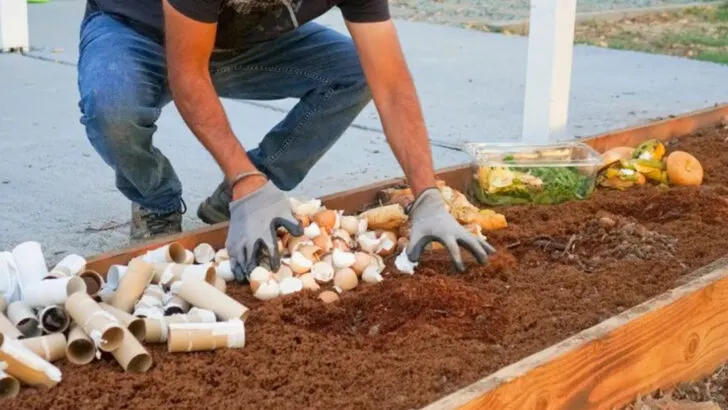In today’s world, organic gardening isn’t just a trend—it’s a lifestyle choice rooted in health, sustainability, and respect for nature. Many gardeners take pride in their green spaces, believing they nurture plants in the purest, most natural way possible. But sometimes, despite our best intentions, our gardens may not be as organic as we think. Hidden pitfalls, overlooked practices, and even common misconceptions can unknowingly compromise the very integrity we strive to protect.
Whether it’s the use of certain fertilizers, pest control methods, or soil management techniques, these subtle mistakes can introduce synthetic chemicals or harmful substances into your garden. Recognizing the signs your garden is veering off the organic path is crucial—not only for your health but also for the environment and the long-term vitality of your plants.
In this article, we’ll uncover 15 clear signs that might indicate your garden isn’t fully organic, along with practical, actionable steps you can take right now to steer your garden back on track. Embracing truly organic gardening is easier than you think—and the rewards, from healthier plants to peace of mind, are well worth the effort.
Pesticide Residues in Soil
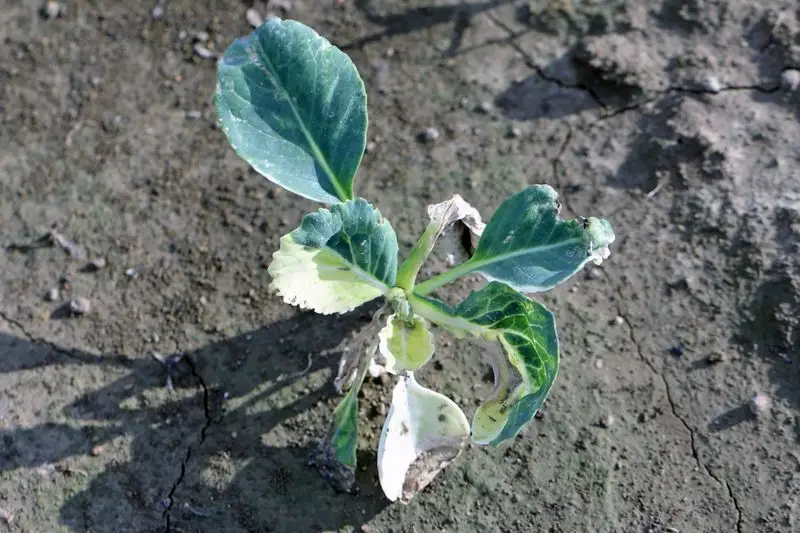
Pesticides are often the silent saboteurs in your garden. Though you may never intentionally use them, residues can linger in the soil from previous owners or neighboring areas. This hidden menace can taint your produce and disrupt the ecosystem. To ensure your garden’s purity, conduct a soil test to detect any unwanted chemicals. Switching to organic compost can aid in detoxifying the soil. Consider adding more diverse plant species as a natural defense. They help fortify the soil and balance its health. Persistent vigilance ensures your garden’s organic integrity.
Contaminated Water Source
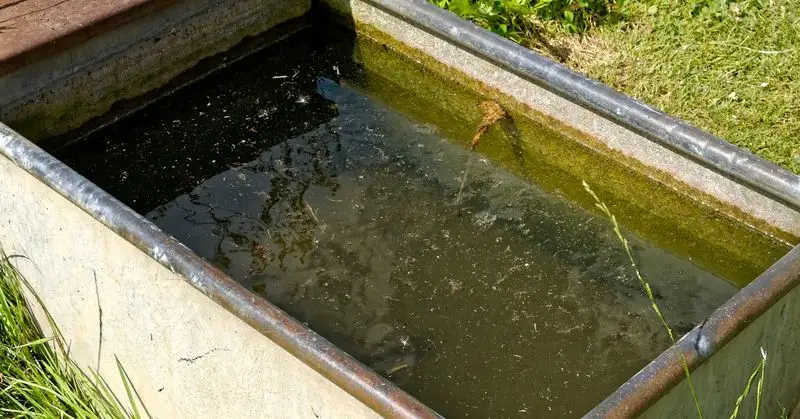
Water is life for plants, but if your source is tainted, it could spell trouble. Contaminants such as chlorine or heavy metals from tap water may infiltrate your garden, affecting plant health. Investing in a water filter or collecting rainwater can provide a clean alternative. Regularly testing your water ensures you’re nurturing your plants with the purest source. Contaminated water not only impacts plants but also alters soil composition. Awareness and proactive measures can prevent these issues, safeguarding your garden’s organic status.
Unexpected Plant Diseases
Even in organic gardens, disease outbreaks can occur, often due to external factors. Diseased plants may point to contamination from neighboring gardens or non-organic materials. To prevent disease spread, remove affected plants promptly and improve soil health with organic amendments. Encouraging biodiversity within your garden can also enhance resilience against diseases. Understanding the root cause of plant diseases allows for better management and prevention. Your garden’s eco-balance hinges on proactive disease control.
Invasive Plant Species
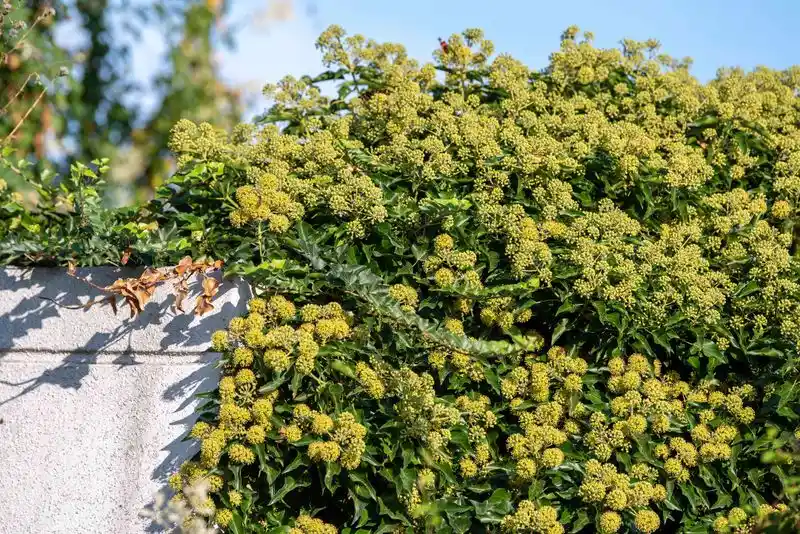
Invasive species can quietly disrupt your garden’s ecosystem, often introduced through contaminated soil or wind. These unexpected guests can outcompete your organic plants for nutrients and space. Observing early signs and removing them promptly is crucial. Introducing native plants can help combat invasions and preserve your garden’s organic nature. Understanding your local ecosystem helps in recognizing and addressing invasives swiftly. A balanced approach ensures these intruders don’t undermine your organic goals.
Synthetic Fertilizer Use
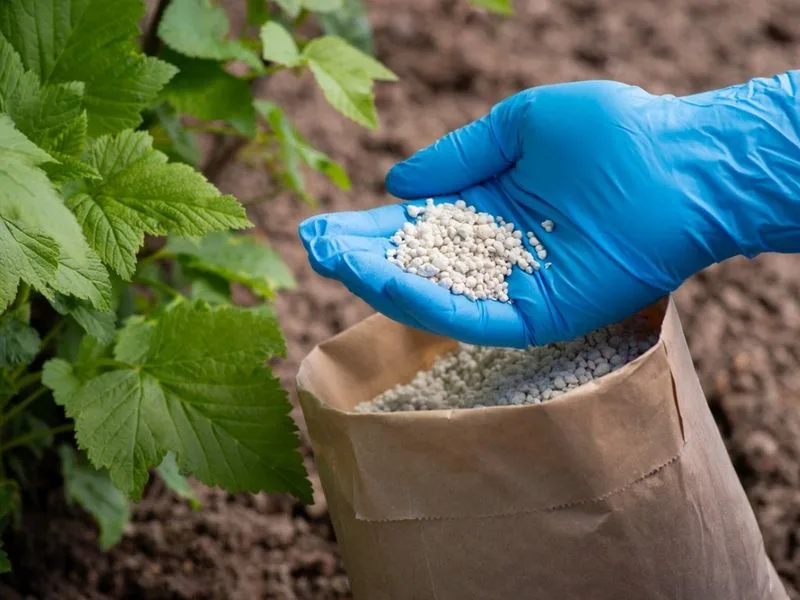
The allure of quick growth might tempt some to use synthetic fertilizers. However, their chemical components can alter soil health and plant nutrition. Opting for organic fertilizers supports sustainable growth without compromising on quality. Homemade compost and natural manure are excellent alternatives that enrich the soil naturally. They promote long-term health rather than short-term gains. Rethinking fertilizer choices is essential for maintaining an organic garden, focusing on nurturing rather than forcing growth.
Poor Composting Practices
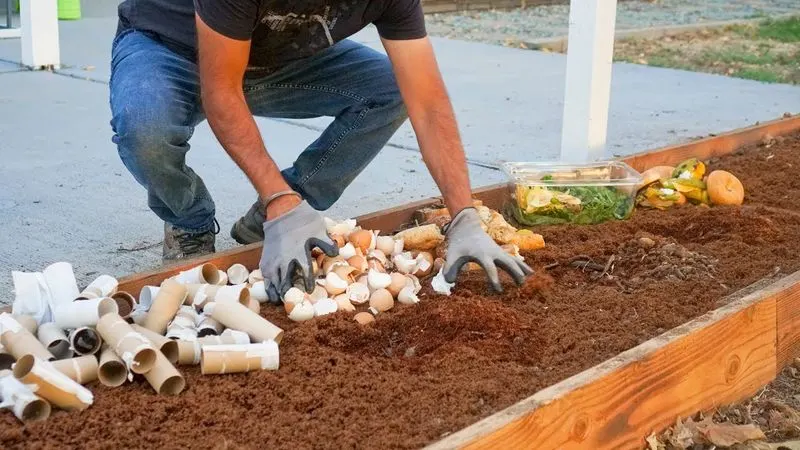
Composting is a cornerstone of organic gardening, but improper practices can lead to contamination. Incomplete decomposition or inclusion of non-organic waste can introduce unwanted chemicals. Ensuring the right balance of green and brown materials will foster effective decomposition. Regular turning and monitoring of the compost pile promote healthy breakdown processes. Quality compost should smell earthy and be free from visible waste. Proper composting solidifies the foundation of an organic garden, providing vital nutrients naturally.
Use of Treated Wood
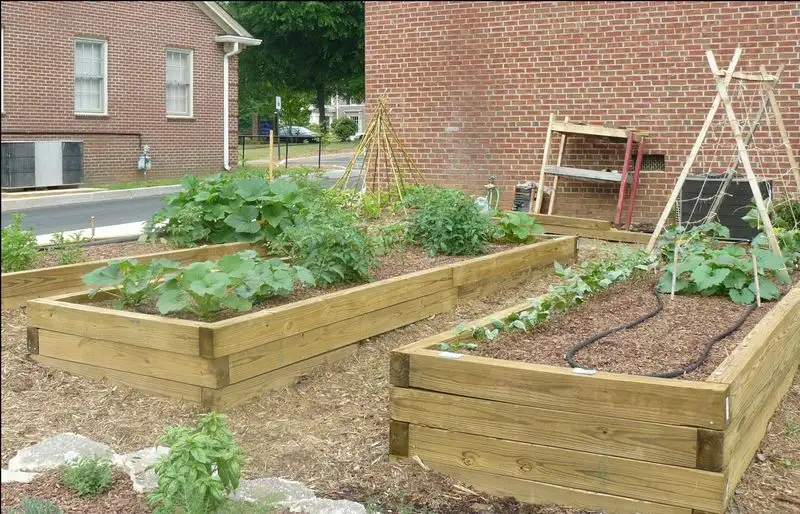
Treated wood, often used in garden structures, can leach harmful chemicals into the soil. These chemicals threaten the organic status of your garden. Opt for untreated or naturally rot-resistant woods like cedar for construction. Alternatively, consider non-wood materials such as stone or metal for building garden beds. Awareness of materials used in your garden’s infrastructure is crucial. This vigilance ensures that environmental toxins don’t compromise your organic gardening efforts.
Presence of Non-organic Mulch
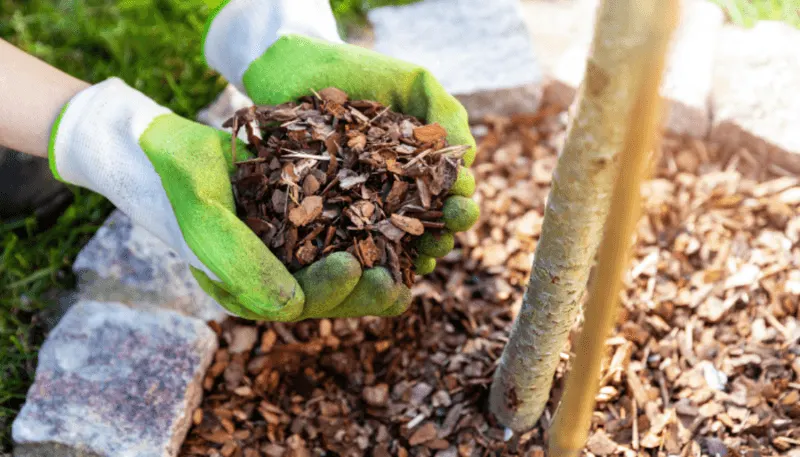
Mulch is used to retain moisture and suppress weeds, but non-organic varieties can introduce synthetic chemicals. These chemicals may seep into the soil, affecting plant growth and soil health. Opting for organic mulch such as straw, leaves, or wood chips supports a healthy garden ecosystem. They decompose naturally, enriching the soil without harmful residues. Evaluating your mulch sources ensures consistency in maintaining an organic environment. It’s a small change with significant impact on your garden’s authenticity.
Improper Crop Rotation
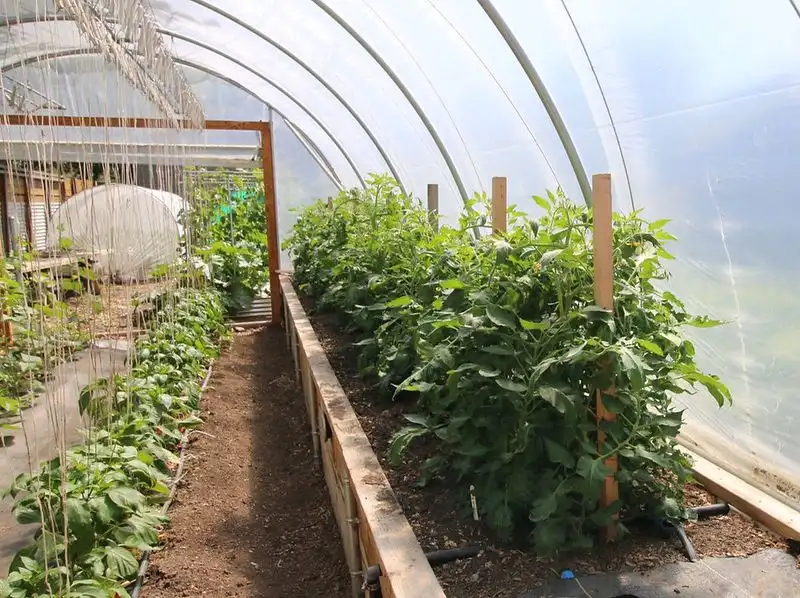
Crop rotation is a vital practice to prevent nutrient depletion and pest buildup. Without it, soil health deteriorates over time. Rotating crops ensures diverse nutrient use and disrupts pest life cycles. Plan rotations by plant families and avoid repeating the same crops in succession. This simple strategy rejuvenates soil and enhances plant resilience. Crop rotation is a foundational organic practice, reinforcing your garden’s health and productivity. It reflects a commitment to sustainable gardening.
Lack of Pollinators
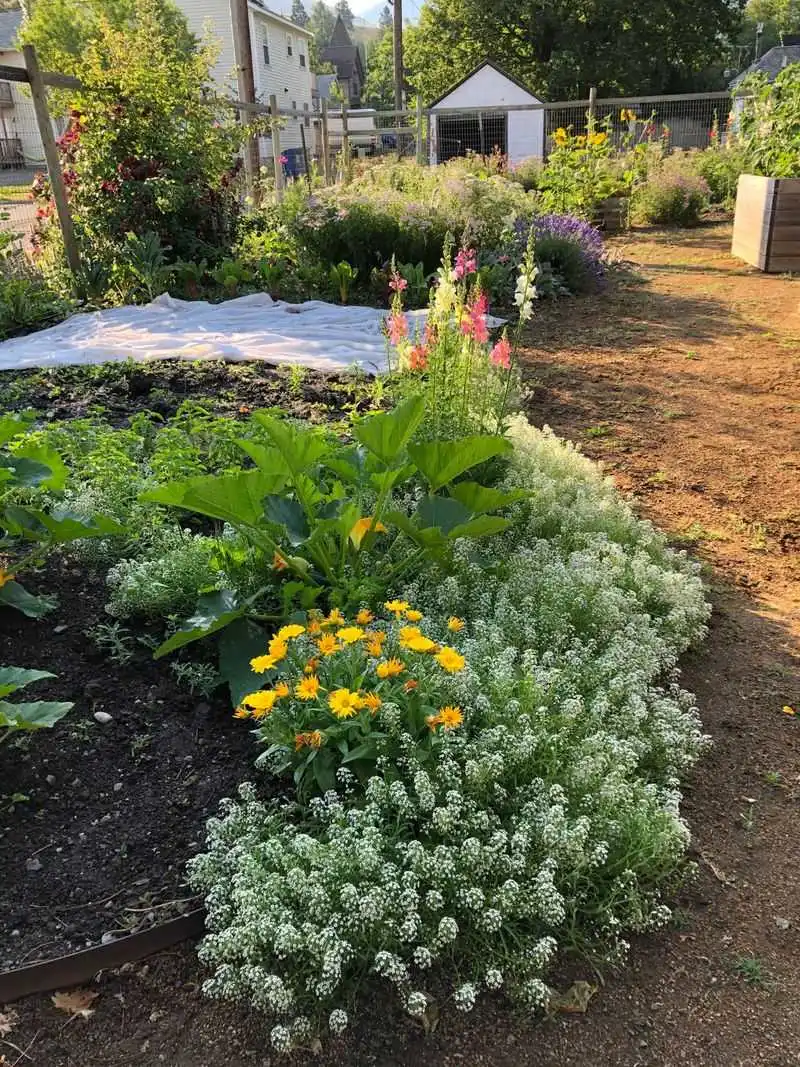
Pollinators are the unsung heroes of the garden, vital for fruit set and plant diversity. A decline in their presence may signal an imbalance in your garden’s ecosystem. Planting a variety of flowers can attract and support pollinator populations. Avoiding pesticides preserves these beneficial insects. Encouraging pollinators enhances the vitality of your garden, ensuring it thrives organically. Their presence is a testament to the health and balance of your garden. Promoting biodiversity forms a core element of organic gardening.
Excessive Weed Growth
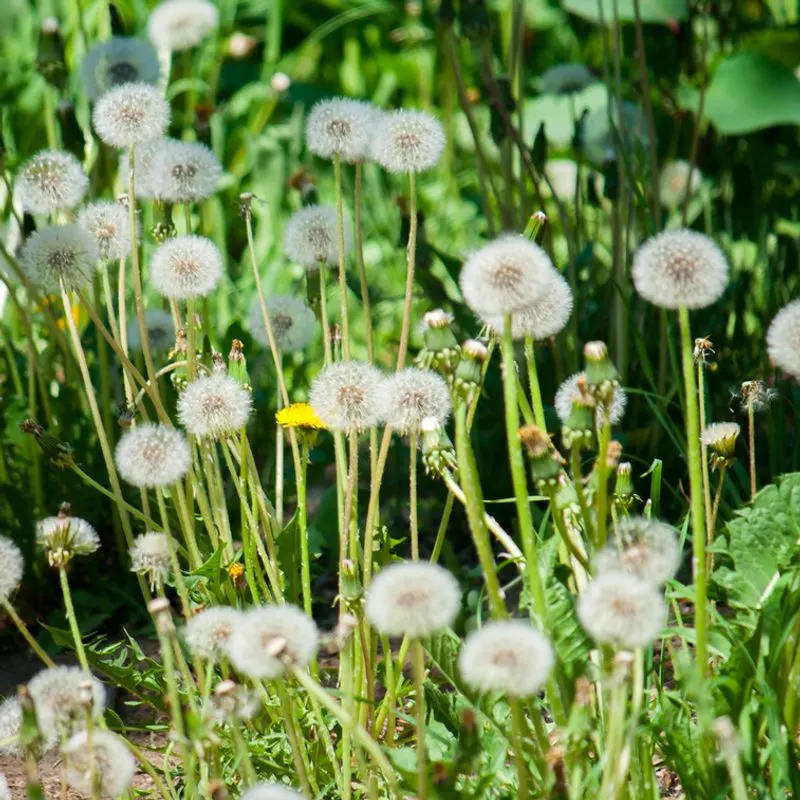
Weeds are more than a nuisance; they compete for resources and can indicate soil imbalances. Left unchecked, they overshadow and stress cultivated plants. Employing organic mulch or hand weeding helps control their spread. Enhancing soil health with organic amendments can reduce weed proliferation naturally. Maintaining a weed-free garden supports plant health and nutrient availability. Persistent management of weeds reflects a proactive approach to organic gardening. It’s about cultivating harmony in your garden’s ecosystem.
Overuse of Chemical Pest Control
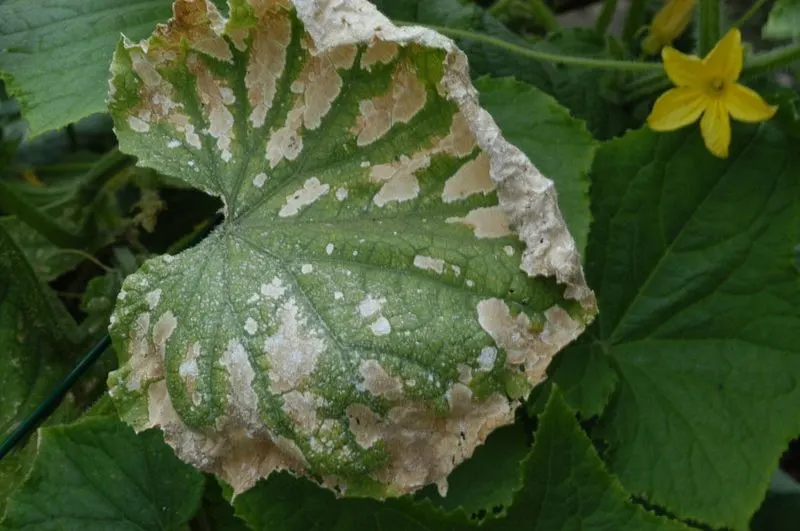
Chemical pest control methods may provide quick results, but they disrupt the garden’s delicate balance. These chemicals affect beneficial insects and overall biodiversity. Emphasizing natural pest control methods, such as introducing beneficial insects, protects this balance. Organic solutions like neem oil or insecticidal soap offer a safer alternative. It’s about harmonizing with nature rather than waging war against it. By prioritizing natural methods, you reinforce your commitment to an organic garden.
Soil Compaction Issues
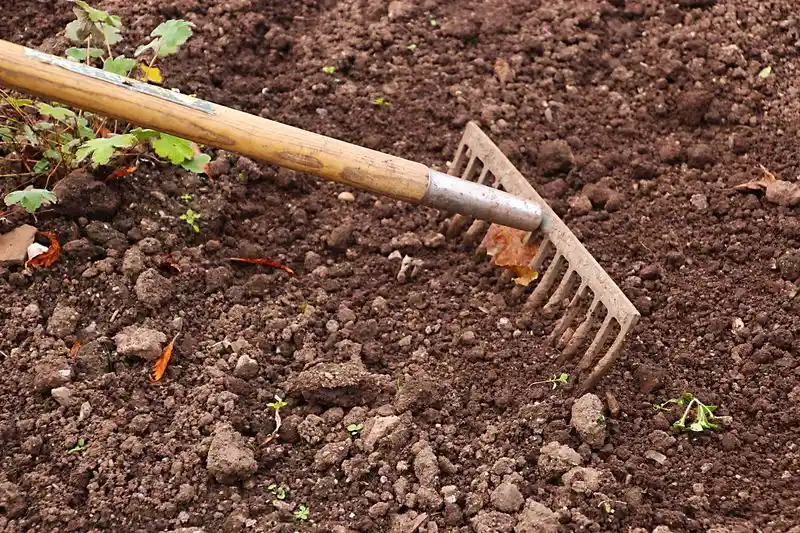
Compacted soil restricts water and air flow, hindering plant growth. This condition can arise from frequent foot traffic or heavy machinery. To alleviate compaction, aerate the soil regularly and incorporate organic matter. Raised beds and ground covers can also minimize future compaction risks. Improving soil structure promotes healthier root systems and nutrient uptake. Acknowledging and addressing compaction is key to nurturing a truly organic garden. It’s about fostering an environment where plants can flourish naturally.
Irregular Soil pH Levels
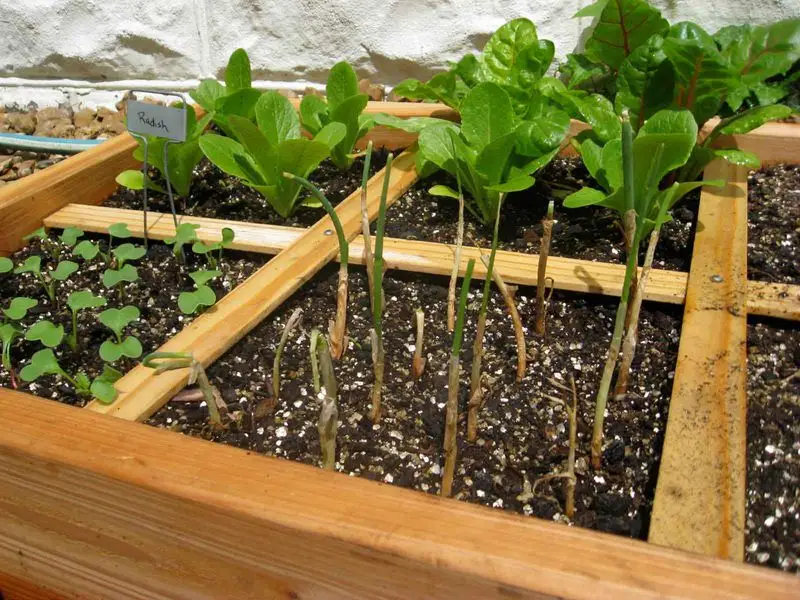
Soil pH significantly influences nutrient availability and plant health. Irregular levels can lead to nutrient deficiencies or toxicities. Regularly testing soil pH helps maintain optimal conditions for plant growth. Amendments like lime or sulfur can adjust pH levels naturally. Understanding your soil’s pH is crucial for sustaining an organic garden. It ensures plants receive the nutrients they need to thrive. Monitoring and adjusting pH levels fosters a balanced and productive garden ecosystem.

